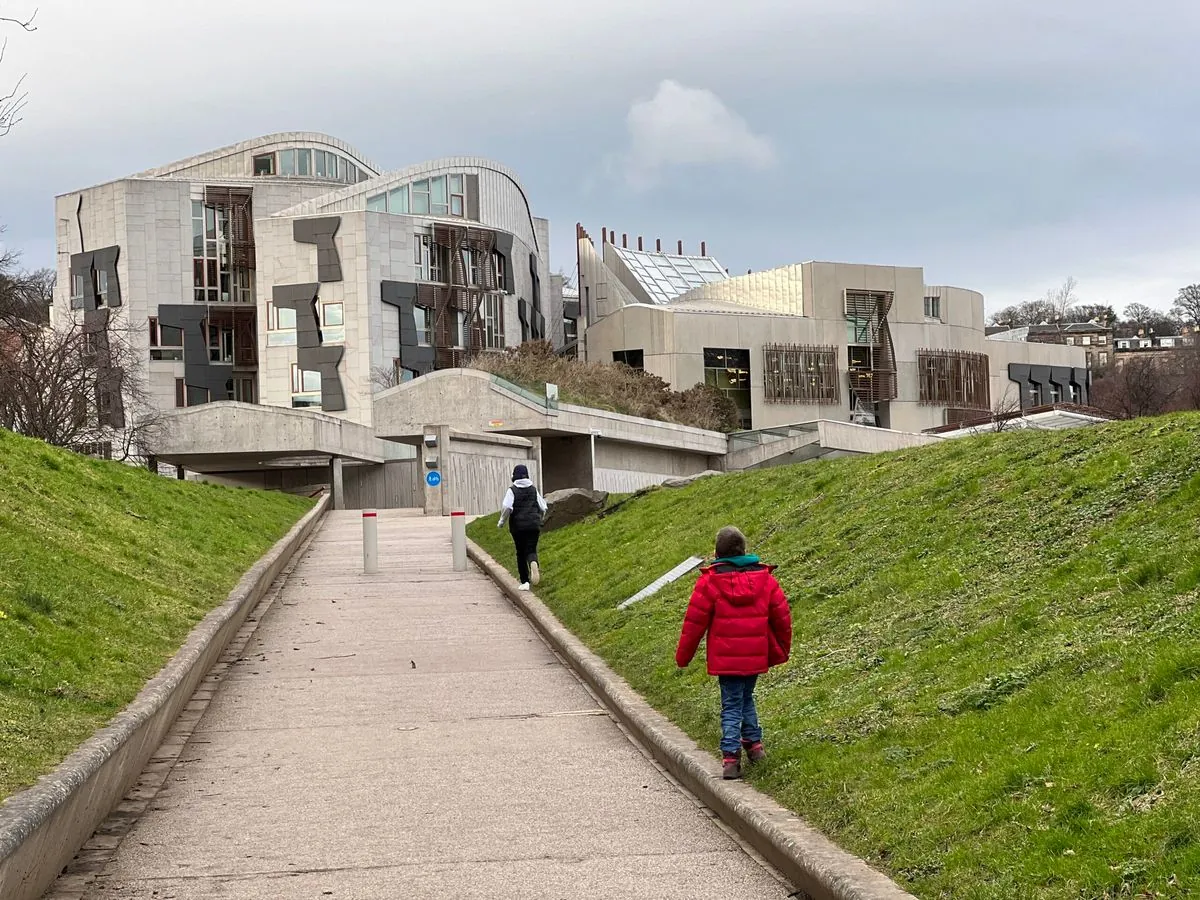This week marks a significant milestone in Scottish history, as it's been exactly ten years since the 2014 independence referendum. On September 18, 2014, Scots made the crucial decision to remain part of the United Kingdom, rejecting the proposal for independence by a margin of almost 11%.
The referendum, which came after the Scottish National Party (SNP) had been in power since 2007, was a pivotal moment for the nation. The SNP, founded in 1934, had long campaigned for Scottish independence. However, the past decade has seen significant changes in Scotland's political landscape.
Since the referendum, the SNP's governance has faced increasing scrutiny. Despite having extensive devolved powers, including control over health, education, and justice, the party's performance in these areas has been criticized. Scotland's distinct education system and legal framework, which predates the 1707 Acts of Union, have been under SNP management, yet results have been mixed.
One of the most pressing issues has been Scotland's drug death rate, which has reached alarming levels. This problem falls squarely within the Scottish Government's remit, as drug policy and law enforcement are devolved matters. Critics argue that this situation raises questions about the SNP's ability to govern effectively, let alone manage an independent nation.
The economic argument for independence has also faced challenges. The North Sea oil and gas industry, once touted as a cornerstone of an independent Scotland's economy, has seen declining revenues. This decline is further complicated by global efforts to achieve Net Zero emissions, highlighting the need for economic diversification.
"The 2014 referendum was a once in a lifetime event."
The SNP has also been plagued by internal conflicts and scandals. The public dispute between Alex Salmond and his successor Nicola Sturgeon has damaged the party's image. Sturgeon's resignation in 2023 and ongoing police investigations into party finances have further eroded public confidence.
The political tide seems to be turning. In the July 2024 general election, the SNP lost 38 seats, signaling a significant shift in voter sentiment. This change may foreshadow the outcome of the next Scottish Parliament election, due in 2026, where Scottish Labour is increasingly seen as a strong contender.
Looking back, the 2014 referendum campaign was a hard-fought battle. Alistair Darling, who led the "Better Together" campaign, played a crucial role in maintaining the union. The campaign united traditionally opposing parties - Labour, Conservative, and Liberal Democrats - in a common cause.
As Scotland reflects on this anniversary, many will raise a toast to the continuation of the 317-year-old union with England. While debates about Scotland's future will undoubtedly continue, the prospect of another independence referendum seems increasingly remote. The focus now appears to be shifting towards addressing domestic issues and strengthening Scotland's position within the United Kingdom.
